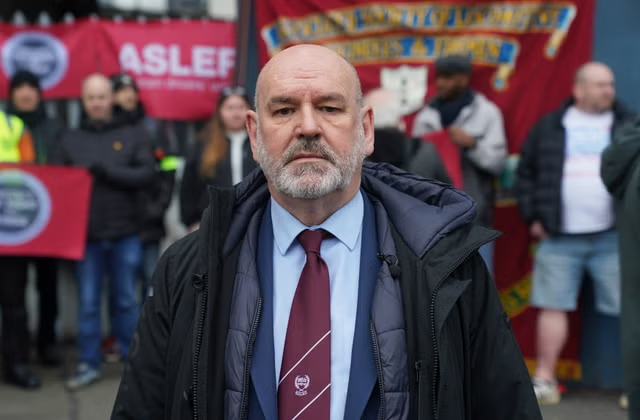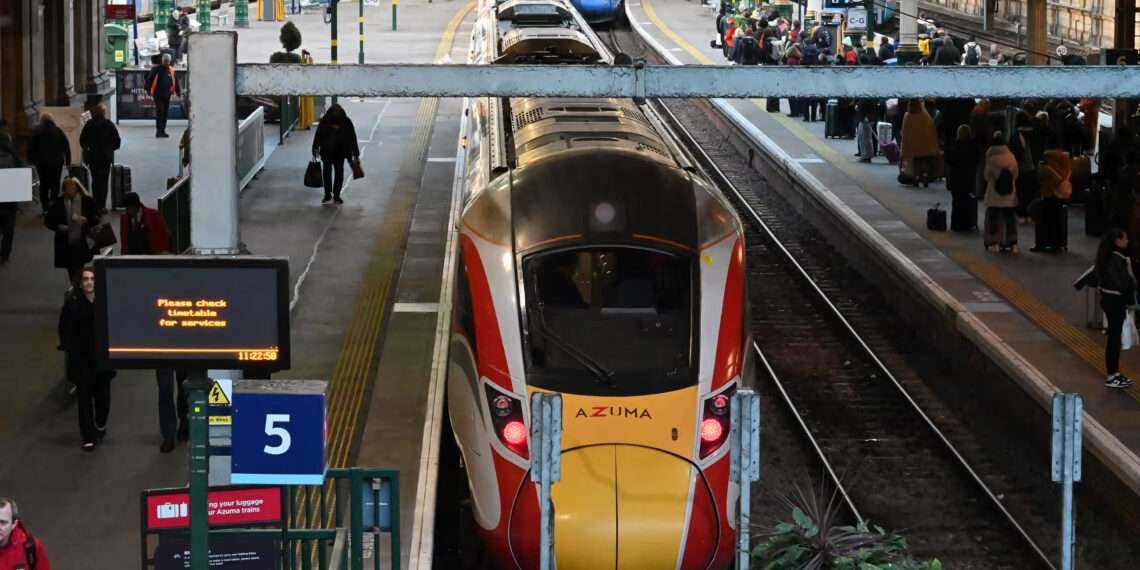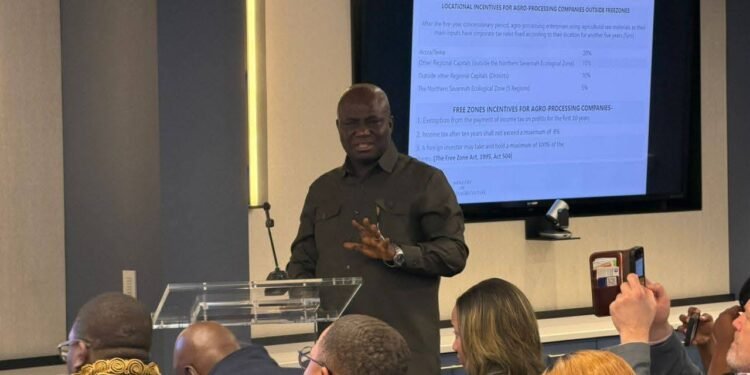Passengers traveling between London and Edinburgh are bracing for months of turmoil as London North Eastern Railway (LNER) train drivers prepare to launch a series of strikes, starting in September and stretching into November.
The industrial action, announced by the train drivers’ union Aslef, will see drivers walk out every weekend during this period, resulting in significant disruptions along the crucial East Coast mainline. This mainline connects London to major cities such as Leeds, York, and Newcastle.
The strike, which is set to begin just after midnight on September 1st and continue each weekend until November 10th, stems from what Aslef has described as a complete “breakdown in industrial relations.”
The union has accused LNER management of engaging in bullying tactics and repeatedly violating agreements, prompting the escalation to strike action.
“The continued failure of the company to resolve longstanding industrial relations issues has forced us into this position. We would much rather not be here.
“But the company has brutally, and repeatedly, broken diagramming and roster agreements, failed to adhere to the agreed bargaining machinery, and totally acted in bad faith.”
Mick Whelan, Aslef’s general secretary

This industrial action is poised to cause widespread disruption, impacting not just the weekend plans of thousands of travelers, but also placing pressure on the newly elected Labour government.
The strikes come at a particularly challenging time, as the east coastline has been under government control since May 2018, when the Department for Transport (DfT) took over operations from Virgin Trains East Coast, which had been struggling financially.
The line is now managed under the LNER brand by the DfT’s operator of last resort, a move that was intended to stabilize the service.
The timing of the strikes is especially problematic for the government, as it coincides with ongoing efforts to resolve a broader national dispute between Aslef and 16 other train companies across England.
That dispute, which has dragged on for over two years, may be nearing a resolution after a new pay offer was presented to Aslef members earlier this week.
The proposal includes a 14% pay increase over three years, all of which is backdated and pensionable, and it comes without any changes to terms and conditions. However, the LNER-specific strike could undermine the government’s broader goal of restoring stability to the rail network.
Further complicating matters is the fact that LNER is one of four state-run rail operators in England, alongside Northern Trains, TransPennine Trains, and Southeastern.
LNER Struggles Amid Driver Shortage and Dispute
The government’s intention to bring more rail franchises under public control could be called into question if the LNER strike drags on, especially given the operator’s recent performance issues.
According to the Office of Rail and Road, LNER was the fifth worst-performing operator in terms of reliability between January and March of this year, with only 57.3% of its trains arriving on time.
Aslef has urged LNER to return to the negotiating table and resolve the dispute, which has been simmering for nearly two years.
The union claims that the company’s failure to employ enough drivers has led to a reliance on favors and goodwill from staff, which has since evaporated, resulting in what Aslef describes as bullying and breach of agreements.
The union has also alleged that LNER managers were offered significant financial incentives — £500 per shift on rest days and £175 during regular working days — to cover for striking drivers.
Nigel Roebuck, Aslef’s lead negotiator with LNER, highlighted the crux of the issue, stating, “The bottom line is that LNER does not employ enough drivers to deliver the services it has promised passengers. It has always relied on favors and goodwill, and when that evaporated, they started to try to bully our members, and then to break our agreements.”
For its part, LNER expressed disappointment at the strike announcement, particularly in light of what it described as “recent constructive conversations” with Aslef.
The company has pledged to focus on minimizing disruption for passengers during the strikes while continuing to seek a resolution to the ongoing dispute.
READ ALSO: GTEC Addresses College Closure Calls Amidst CETAG Strike























